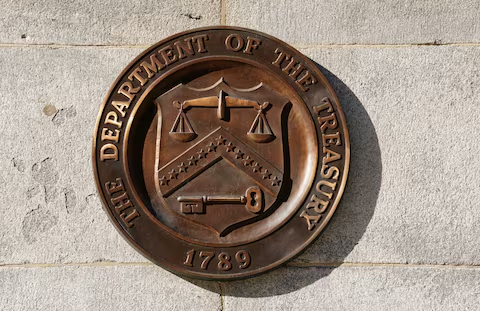The United States is not expected to pursue new trade agreements during the upcoming G7 summit, according to a senior official familiar with planning discussions. The move signals a continued shift in U.S. global economic strategy under President Donald Trump, with greater emphasis on bilateral arrangements and domestic economic priorities over multilateral trade frameworks.
The G7 summit, set to be held later this week in Italy, will bring together leaders from the world’s major advanced economies to discuss global challenges including economic stability, security, climate change, and international trade. While allies such as the United Kingdom and Japan are reportedly eager to explore deeper trade cooperation, the U.S. is expected to take a more cautious stance.
“We’re not anticipating any significant announcements on trade deals from the U.S. side,” the official told Reuters, speaking on condition of anonymity. “The focus will instead be on economic resilience, supply chain security, and fair trade enforcement.”
This approach marks a continuation of President Trump’s “America First” policy, which prioritizes trade enforcement and industrial policy over new free trade agreements. The administration has emphasized reshoring of manufacturing, stricter enforcement of existing trade rules, and efforts to counter economic dependence on strategic rivals such as China.
Trump’s return to the presidency in 2024 revived many elements of his earlier trade policy, including tariffs on Chinese goods and skepticism toward large multilateral agreements like the Trans-Pacific Partnership (TPP), which the U.S. withdrew from in 2017 during his first term.
Though U.S. business groups and some foreign allies have urged Washington to re-engage in comprehensive trade deals, the White House has instead focused on targeted supply chain partnerships and strategic coordination with allies on critical technologies such as semiconductors and clean energy.
“The administration views traditional trade deals as outdated,” said a U.S. trade expert close to the talks. “What we’re seeing now is a pivot to sectoral cooperation and economic security frameworks.”
European G7 members have reportedly expressed concern over the lack of U.S. momentum on trade liberalization. Germany and France, in particular, are seeking U.S. support to strengthen transatlantic trade amid rising global protectionism and competition from China’s state-driven economy.
However, Trump officials maintain that U.S. companies face unfair disadvantages under current global trade rules, and that enforcement and reciprocity must come before new commitments.
Ahead of the summit, U.S. Trade Representative Katherine Tai has focused on strengthening existing partnerships through the Indo-Pacific Economic Framework (IPEF) and bilateral arrangements that prioritize labor rights, environmental protections, and digital governance. But these efforts have largely avoided tariff reductions or traditional market access provisions.
The G7 discussions are expected to include joint strategies to counter economic coercion from authoritarian states, promote supply chain diversification, and ensure that trade supports broader national security goals. The U.S. is expected to support proposals for greater alignment on export controls and sanctions enforcement.
Despite the lack of new trade deals, Washington will emphasize its commitment to G7 unity on economic coordination, according to the official. “We’re fully engaged with our allies. But that engagement will take forms that reflect today’s realities—not 1990s trade playbooks.”
As the G7 seeks to present a united front on economic and security challenges, the U.S. stance highlights the evolving nature of global trade diplomacy—one increasingly shaped by geopolitical strategy rather than tariff negotiations.
Source: Reuters


